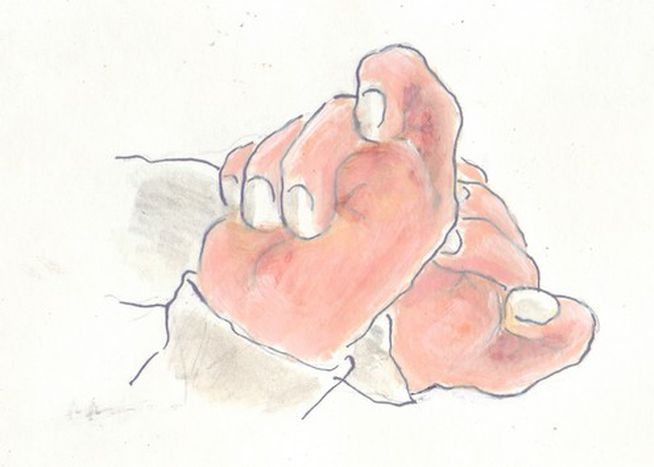
Hope to die
Published on
Translation by:
Emily GriffinsAlthough stepping in dog muck may be universally dramatised as bad luck, the methods we use to protect ourselves from other such unfortunate incidents are manifold.
In France or Italy, it is the custom to cross your fingers - croiser les doigts or incrociare le dita - before an exam, a job interview or even getting married. The tradition dates back to medieval Britain, when keeping one’s fingers crossed was supposed to ward of evil spirits. This was in reference to the best protection any suspicious person of the time could hope for - the cross, symbol of Christianity and defence against devilish spirits.
Being protected by the Almighty is more tangible in some countries. In the UK, France and Spain, one touches wood, touche du bois or tocar madera, or odpukaj w niemalowane in Poland, (touch unpainted wood). It refers to the cross carried by Jesus during his agony. The usage spread as far as orthodox Russia where one taps wood three times, , to avoid accidents.
In contrast to the theatrical Catholics, the pragmatic Germans simply shake thumbs with a friend who needs a bit of good luck - jemandem die Daumen drücken. This entirely pagan gesture stems from the tradition of the German tribes, where the thumb was the most powerful finger of the hand. Without a thumb, they could not hold an axe or a sword. That is why they were frightened to lose their thumbs, and they hid them under the other fingers to protect them from harm and bad luck.
Translated from Croiser les doigts



